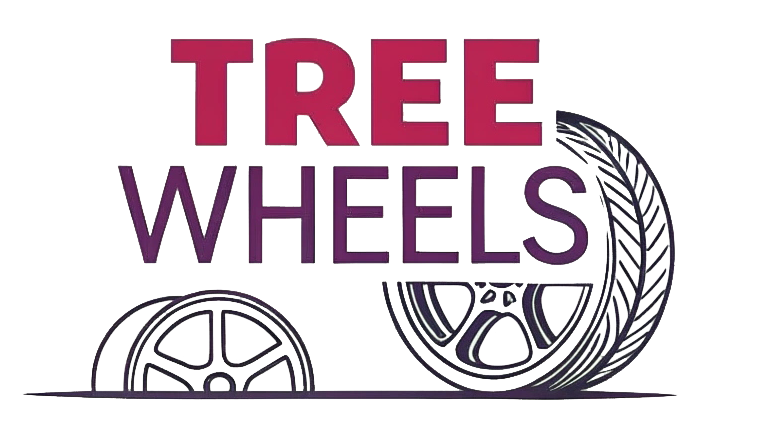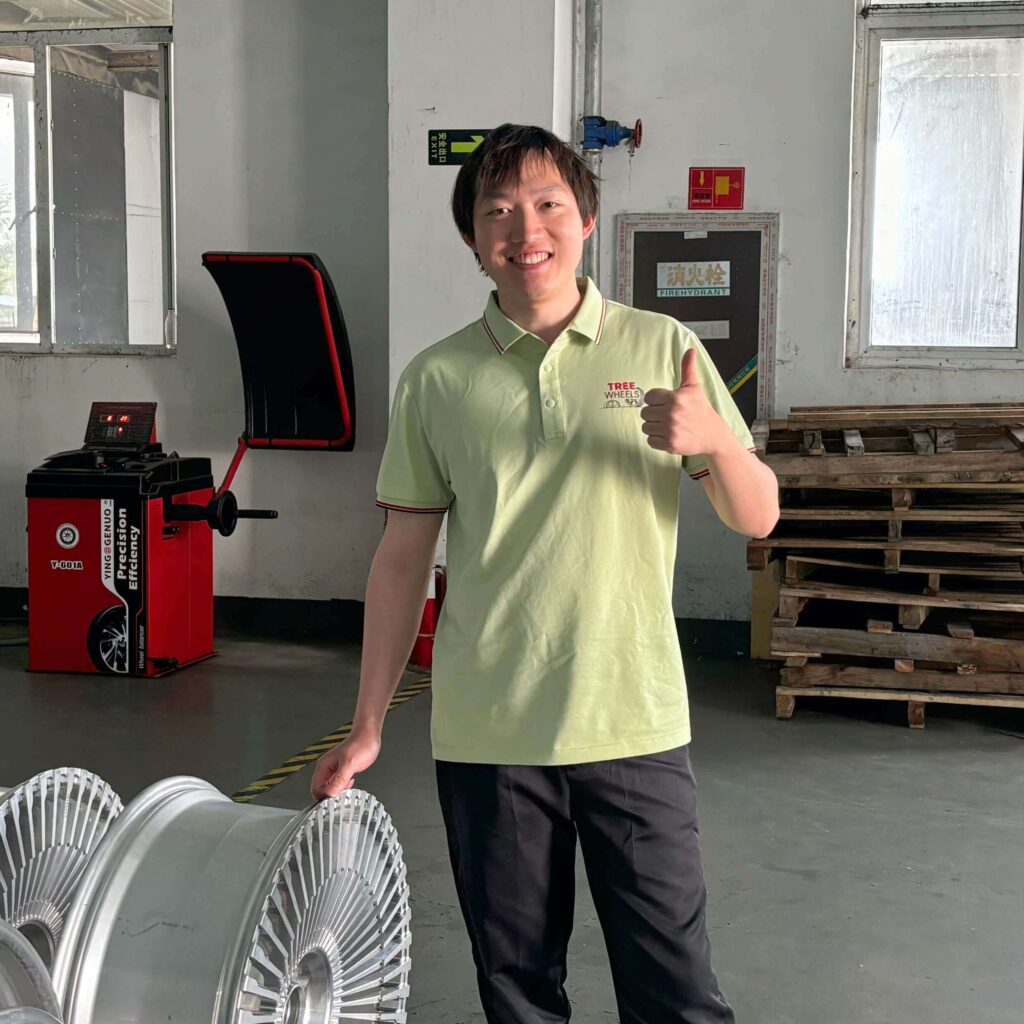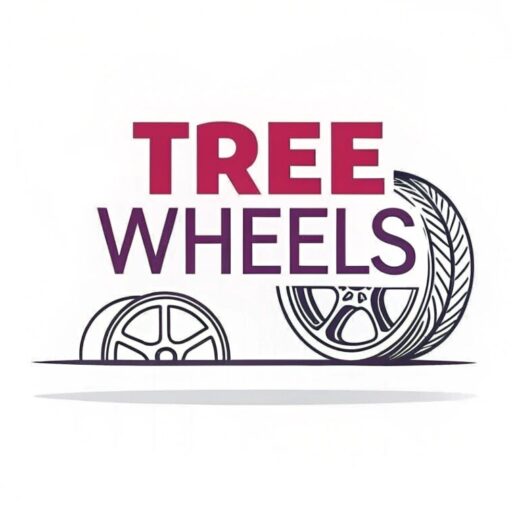I struggled to choose wheels for my car. The options overwhelmed me. You might feel the same. Let’s break it down.
The key factors are your needs, budget, and car specs. Family cars need affordable cast wheels. Modified cars demand forged wheels for style and strength. Aluminum alloy wheels are the best choice.

I’ve learned wheels impact safety and style. Let’s explore what matters most. Keep reading to make the right choice.
What to consider when buying wheels?
Choosing wheels felt daunting at first. I didn’t know where to start. You might be in the same spot.
Consider your car’s needs, budget, and style. Family cars need durable, affordable cast wheels. Modified cars require forged wheels for performance and looks. Always pick aluminum alloy for reliability.

Why needs matter
Your car’s purpose shapes your wheel choice. I learned this when I upgraded my sedan. Daily drivers need cost-effective wheels. Modified cars need custom forged wheels for performance. Cast wheels suit family cars due to their lower cost. Forged wheels, though pricier, offer strength and style for modified vehicles. Aluminum alloy wheels are standard for their balance of weight and durability.
Budget and quality balance
Budget plays a big role. I once considered cheap wheels but realized quality matters more. Cast wheels are budget-friendly but heavier. Forged wheels cost more but last longer. A mid-range aluminum alloy wheel often hits the sweet spot for most drivers.
Style and compatibility
Style reflects personality. I chose sleek designs for my car. Ensure wheels match your car’s specs, like size and bolt pattern. Modified brakes or suspensions require specific wheel parameters. Always consult your wheel supplier about these details.
| Factor | Cast Wheels | Forged Wheels |
|---|---|---|
| Cost | Affordable | Expensive |
| Durability | Moderate | High |
| Use Case | Family cars | Modified cars |
How do I know what wheels should I buy for my car?
I once bought wheels that didn’t fit my car. It was a costly mistake. You can avoid this.
Check your car’s specs and needs. Verify size, offset, and bolt pattern. For family cars, choose cast wheels. For modified cars, pick forged aluminum alloy wheels for performance.

Understanding car specs
Car specs guide wheel choice. I learned to check my car’s manual for size and bolt pattern. Offset ensures wheels sit correctly. Modified cars with upgraded brakes need specific offsets. Always share these details with your wheel supplier to avoid mismatches.
Matching wheels to purpose
Your car’s purpose matters. My daily driver needed simple cast wheels for cost savings. Modified cars need forged wheels for strength and style. Aluminum alloy wheels suit both due to their durability and weight.
Consulting professionals
I made mistakes by guessing specs. Now, I consult wheel manufacturers. They help match wheels to my car’s setup. If you’ve modified brakes or suspensions, tell your supplier. They’ll adjust parameters for a perfect fit.
| Spec | Importance | Where to Check |
|---|---|---|
| Size | Ensures proper fit | Car manual |
| Offset | Affects wheel alignment | Supplier consultation |
| Bolt Pattern | Matches wheel to hub | Car manual |
How to know if rims are good quality?
I once bought cheap rims that cracked. Quality matters for safety. You need to know what to look for.
Check certifications and materials. Look for ISO, DOT, or JWL standards. Aluminum alloy forged wheels are top-quality. Inspect surface finish and brand reputation for reliability.

Certifications and standards
Quality rims have certifications. I check for ISO or DOT marks. JWL and TÜV standards ensure durability. Certified wheels meet safety requirements. Always ask suppliers for certification proof to avoid fakes.
Material and construction
Material affects quality. I prefer aluminum alloy for its strength and light weight. Forged wheels are stronger than cast ones due to their manufacturing process. They resist cracks and bends better. Check for smooth finishes to spot quality craftsmanship.
Brand and reviews
Reputable brands deliver quality. I research customer reviews before buying. Trusted brands like Tree Wheels offer warranties, ensuring peace of mind. A one-year warranty covering repairs or replacements signals confidence in quality.
| Quality Indicator | Why It Matters | How to Verify |
|---|---|---|
| Certifications | Ensures safety standards | Check supplier documents |
| Material | Affects durability | Confirm aluminum alloy |
| Warranty | Protects against defects | Ask for warranty terms |
What to look out for when buying used rims?
I bought used rims once and regretted it. Hidden damage cost me more. You can buy smarter.
Inspect for damage and verify compatibility. Check for cracks, bends, or corrosion. Ensure size, offset, and bolt pattern match your car. Ask for maintenance history.

Physical inspection
Used rims need close inspection. I learned to check for cracks or dents. Corrosion can weaken rims. Spin the rim to spot bends. Avoid rims with visible damage, as they compromise safety.
Compatibility check
Compatibility is critical. I once bought rims that didn’t fit my car’s bolt pattern. Verify size, offset, and bolt pattern against your car’s specs. Modified cars need extra attention to ensure proper fit.
Seller credibility
Trustworthy sellers matter. I now buy from reputable shops with clear histories. Ask for maintenance records or refurbishment details. Avoid deals that seem too good to be true—they often are.
| Inspection Point | Why It Matters | How to Check |
|---|---|---|
| Cracks/Dents | Affects safety | Visual and touch inspection |
| Compatibility | Ensures proper fit | Compare with car specs |
| Seller History | Reduces risk of scams | Request records |
Conclusion
Choose wheels based on needs, specs, and quality. Avoid my mistakes. Buy smart. For premium forged wheels, trust Tree Wheels for quality and customization.



